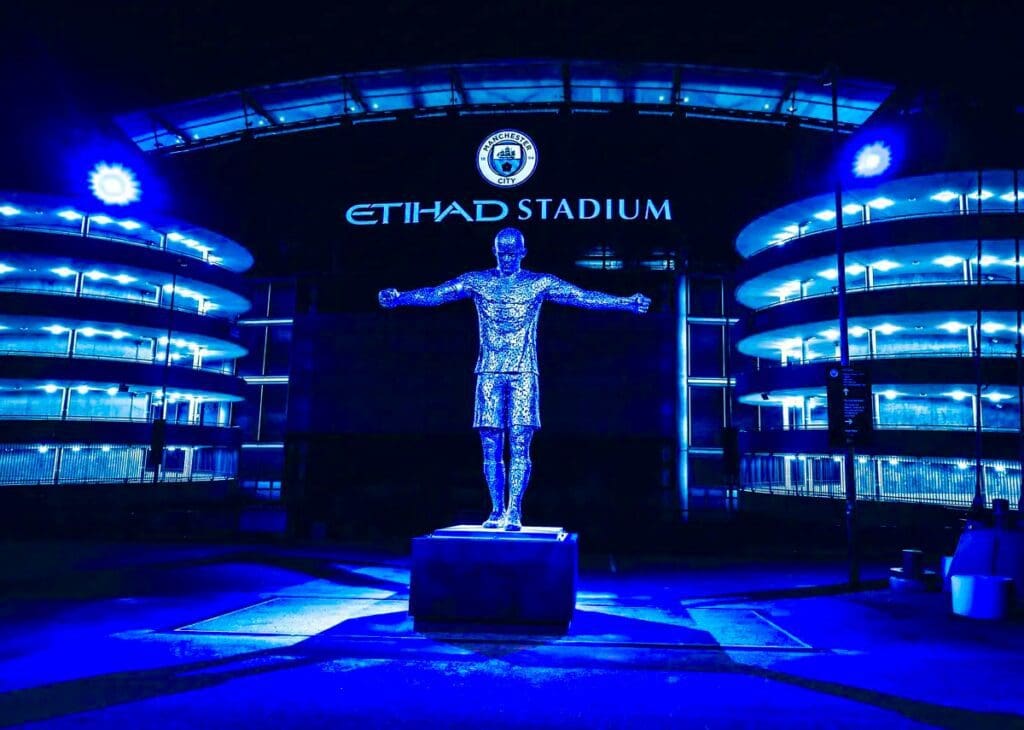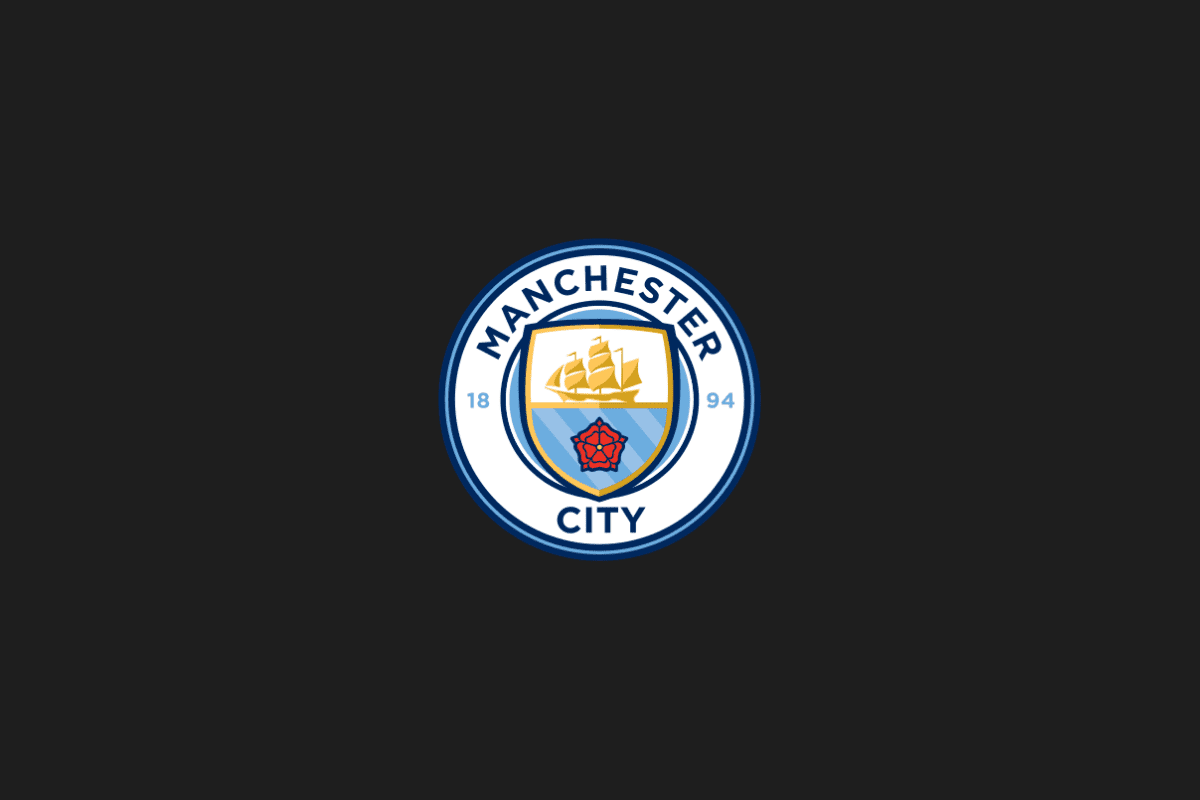English Premier League giant Manchester City is venturing into new territory within the metaverse universe.
The club, currently leading the Premier League, has made a groundbreaking move by constructing the first-ever football stadium in the virtual reality world, a realm that has gained significant popularity recently.
3-YEAR AGREEMENT

Manchester City officials have inked a three-year deal with Sony to pioneer the construction of the first football stadium within the metaverse universe.
According to reports from Ajansspor, in the initial phases of the project, virtual reality experts from Sony visited the Etihad Stadium to meticulously craft a digital map and develop a virtual reality version of the iconic venue.
IT WILL BE TURNED INTO A CENTER
The English club is collaborating with Hawk-Eye, a subsidiary of Sony, to transform the stadium it pioneered into the focal point of Manchester City’s metaverse universe.
Engaging in the development of image analysis and skeleton tracking technology with Hawk-Eye, Manchester City envisions that, alongside the virtual Etihad Stadium, the venue will possess unlimited capacity.
This approach aims to allow fans who may never have the opportunity to visit Manchester to watch matches live from anywhere in the world.
“IT’S GOING FASTER THAN WE THINK”
Nuria Tarre, Manchester City’s Marketing and Supporter Engagement Manager, shared the following thoughts in her speech about the team’s new project: “Being a part of the Metaverse universe involves redefining the game, enabling fans to experience live matches from wherever they choose, participating in the game in diverse ways and perspectives.
Perhaps it implies that the stadium can host an unlimited number of fans, as it’s entirely virtual. In ten years, it might be unimaginable to see someone sitting on their couch watching a game on a screen. Things are progressing faster than we anticipated.”
WILL PROVIDE FINANCIAL FACILITIES TO CLUBS
Transferring football matches to the metaverse universe has the potential to provide financial benefits to teams. Traditionally, teams sell broadcasting rights for Premier League matches as part of a packaged deal to specific broadcasters.
However, by moving matches into the virtual reality realm, teams will have the opportunity to directly sell match broadcasts to fans.

